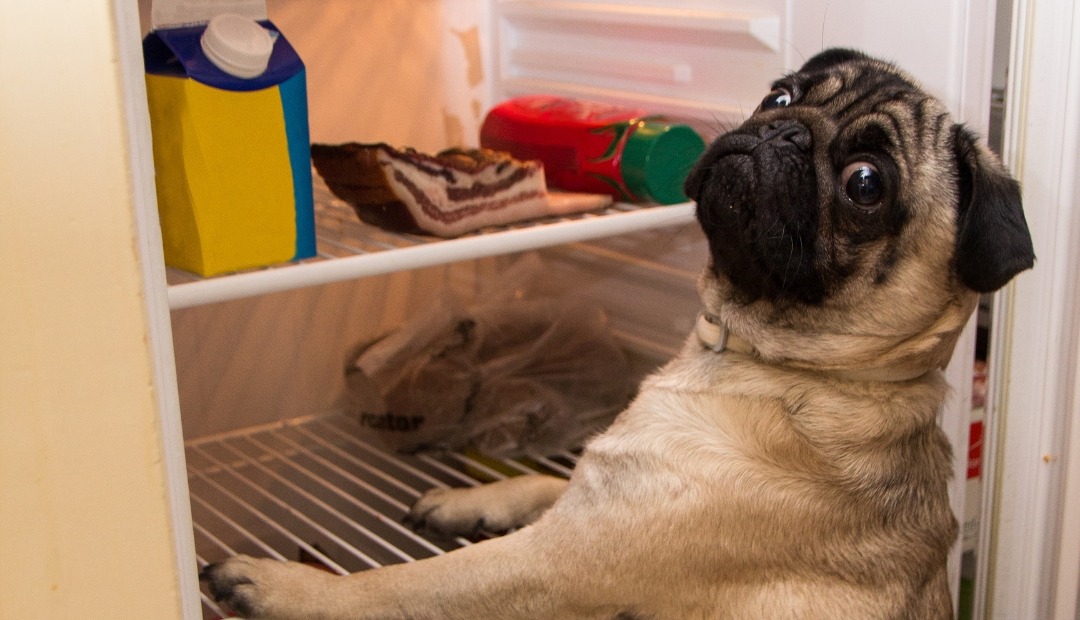Pets bring immense joy and companionship into our lives, providing us with unconditional love that deserves our utmost care and protection. However, many foods that we consider delectable can pose severe risks to our beloved animals. In the heart of Tuscaloosa, a city renowned for its Southern hospitality, pet-friendly living spaces are abundant. If you're residing in such communities or exploring options, like the spacious units at The Gates at South Bend, it's vital to be aware of common household foods that could be harmful or even life-threatening to your furry friends.
Living in Tuscaloosa offers convenient access to vibrant local markets and grocery stores. As you choose your groceries, keeping your pet's health in mind is essential. Retaining a safe environment in pet-friendly apartments ensures that your loyal companions enjoy the good life alongside you. Here, we'll delve into the top dangerous foods for pets and discuss what makes them so hazardous, aiding you in keeping your pets healthy and safe within your Tuscaloosa home.
Top Dangerous Foods to Keep Away from Your Pets
- Chocolate: Known widely for its danger to pets, chocolate contains theobromine and caffeine, substances that are lethal to both dogs and cats. Even a small piece can trigger adverse reactions such as vomiting, diarrhea, tremors, and seizures. The risks are notably higher with dark and baking chocolate, given their elevated theobromine levels.
- Grapes and Raisins: Regardless of the unidentified toxic compound within them, grapes and raisins can result in kidney failure among pets. Consuming just a few can cause serious symptoms like vomiting and lethargy. Severe cases may lead to kidney failure which, if not treated promptly, can be fatal.
- Xylitol: Often found in sugar-free products like gum and baked goods, xylitol is extremely toxic to dogs. Its ingestion can result in a rush in insulin release, leading to hypoglycemia, liver damage, or even death. It's important to scrutinize food labels meticulously to avoid accidental ingestion.
- Onions and Garlic: Also part of the allium family, these items can destroy red blood cells in pets, leading to anemia. Symptoms of toxicity include weakness, vomiting, and pale gums. Severe cases requiring medical attention could require blood transfusions, so it's vital to prevent your pet from ingesting these items.
- Avocado: While delicious and nutritious for humans, avocados contain persin, poisonous to pets, potentially causing vomiting, diarrhea, and pancreatitis. The pit poses a choking hazard, and its rich fat content might lead to gastrointestinal issues.
- Alcohol: Even a minimal alcohol intake can have dire consequences, like inebriation or respiratory failure, due to pets’ smaller body size and differing metabolism. It's imperative to ensure that alcoholic drinks are always far out of their reach.
- Caffeine: Residing in places rich with cafes and energy boosters, like Tuscaloosa, requires extra caution if you're a pet owner. Caffeine exaggerates pets' heart rate, potentially leading to adverse effects including tremors and seizures. Its presence in drinks, energy supplements, and even medications should keep such items beyond pets’ reach.
- Macadamia Nuts: These nuts are another harmful treat for dogs. Symptoms include vomiting, tremors, and weakness. Their elevated fat content can also disturb the pancreas, causing inflammation.
- Raw Dough: Pet residents of Tuscaloosa, like in communities such as The Gates at South Bend, often have access to state-of-the-art kitchens. Nonetheless, raw dough’s potential to expand inside their bodies can lead to serious health issues. Additionally, fermented dough yields alcohol, augmenting the risk of toxicity.
- Bones: Cooked bones are an especially common treat among pet owners but can fragment, leading to choking or digestive injuries. Even uncooked bones are no guarantee of safety, as they harbor bacteria like E. coli or Salmonella which can upset gastrointestinal balance.
As every pet's unique, their responses to different foods can vary. A mindful approach towards what they consume ensures their health remains optimal. If you live in a pet-welcoming community in Tuscaloosa, such as The Gates at South Bend, these precautions become a significant part of ensuring your companion stays happy and healthy. Upon suspecting any ingestion of toxic foods, reaching out to your local vet or an animal hospital promptly is vital for appropriate care.
The community ethos in Tuscaloosa, including at The Gates at South Bend, emphasizes a harmonious cohabitation between humans and pets, making it a wonderful choice for pet owners. By understanding and averting the risks associated with certain foods, your pets can thrive, enabling you both to relish the multifamily living arrangement effortlessly.
Why Choose The Gates at South Bend for Pet Living in Tuscaloosa?
Nestled in Tuscaloosa, The Gates at South Bend stands as an ideal community for those who treasure pet companionship. With features such as a gated layout, a dedicated maintenance team, and scenic landscaped surroundings, it provides a haven where pets can flourish. Enjoy the convenience, comfort, and peace of mind knowing that your furry friends are as cared for as you are in this luxurious, pet-friendly environment.


